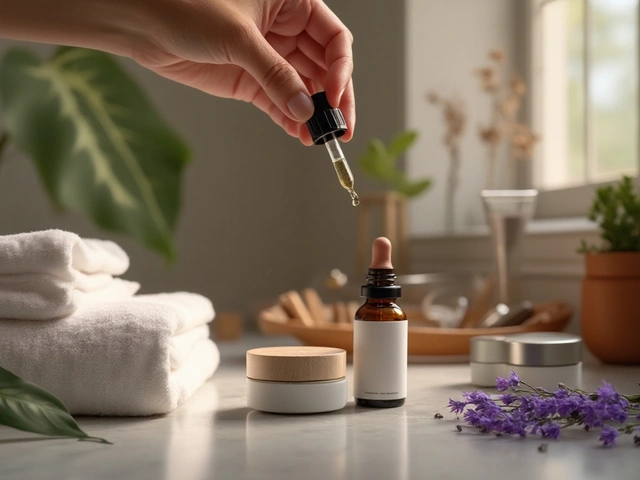Mental Health Advocacy: Practical Steps You Can Take
Feeling overwhelmed by mental health issues doesn't mean you can't help. Advocacy starts small —talking openly, listening, and sharing reliable info. Those acts make a big difference for someone who feels alone.
Know the language. Use "person with depression" not "depressed person." That small shift keeps dignity front and shows respect. Avoid labels that reduce people to their diagnosis.
Ask before you offer advice. Try phrases like "How can I help?" or "Do you want to talk?" Those questions give control back to the person and show you care.
Community Actions
Start local conversations. Host a meetup, start a support group, or invite a peer speaker to your workplace. Real people sharing stories cut stigma faster than facts alone.
Know where to point people for help. Learn local crisis lines, community counselors, and sliding scale clinics. Keep a short list on your phone or in your group chat so you can act fast when someone needs it.
Self advocacy matters too. If you're dealing with anxiety, depression, or another issue, write down what helps and what doesn't. Share that with your clinician. Ask for specific plans and follow up. Clear requests get better results than vague worries.
Daily Habits
Simple daily habits support advocacy. Practice active listening, check in on friends, and normalize mental health language in casual talks. Share articles that explain symptoms and coping skills rather than medical myths. Use social posts to promote helpful resources not scary headlines.
Train yourself to spot warning signs: big mood swings, withdrawal, sleep changes, or sudden substance use. Approach gently. Say what you observed, like "I've noticed you've been quieter." Offer to sit with them or help make a call. Small presence often helps more than one perfect sentence.
Advocate for policy in easy ways. Write to local reps, sign petitions for mental health funding, and support school programs that teach emotional skills. Vote with mental health in mind when policies affect care access or insurance.
Take care of your own mental health. Burnout kills activism. Rest, set boundaries, and seek support when you need it. You're more useful to others when you're steady.
Explore practical reads here: "Mindfulness and Gratitude," "Meditation for Emotional Wellness," and "Health Anxiety: How to Fight the Fear." These give tools to support others and yourself.
Start today: say one supportive sentence, share one resource, or join a community event. Small steps add up. If you want a simple starter list for your phone, tell us below and we’ll put one together.
Quick tips: label thoughts not people; ask for permission before offering advice; keep crisis numbers handy; and check in even after hard days. Teach kids emotional words, and show them it's okay to ask for help. Communities change when individuals act kindly, consistently, and without drama.
Start with one action this week: message a friend, share a calm article, or attend a local talk. Keep doing it. Real change is patient, persistent, and caring. You matter.
Mental Health: A Global Issue That Needs Attention
Speaking from a personal perspective, I believe it's time we give mental health the spotlight it deserves on a global stage. With the enormous pressure of modern living, the subject of mental health has grown from a whisper into a conversation we all need to partake in. In this article, we explore mental health as a global issue, delve into the various factors affecting it, and discuss how we can better address it. Let's stand together and turn our attention to this urgent health crisis. Join me on this deep dive, won't you?
View More





